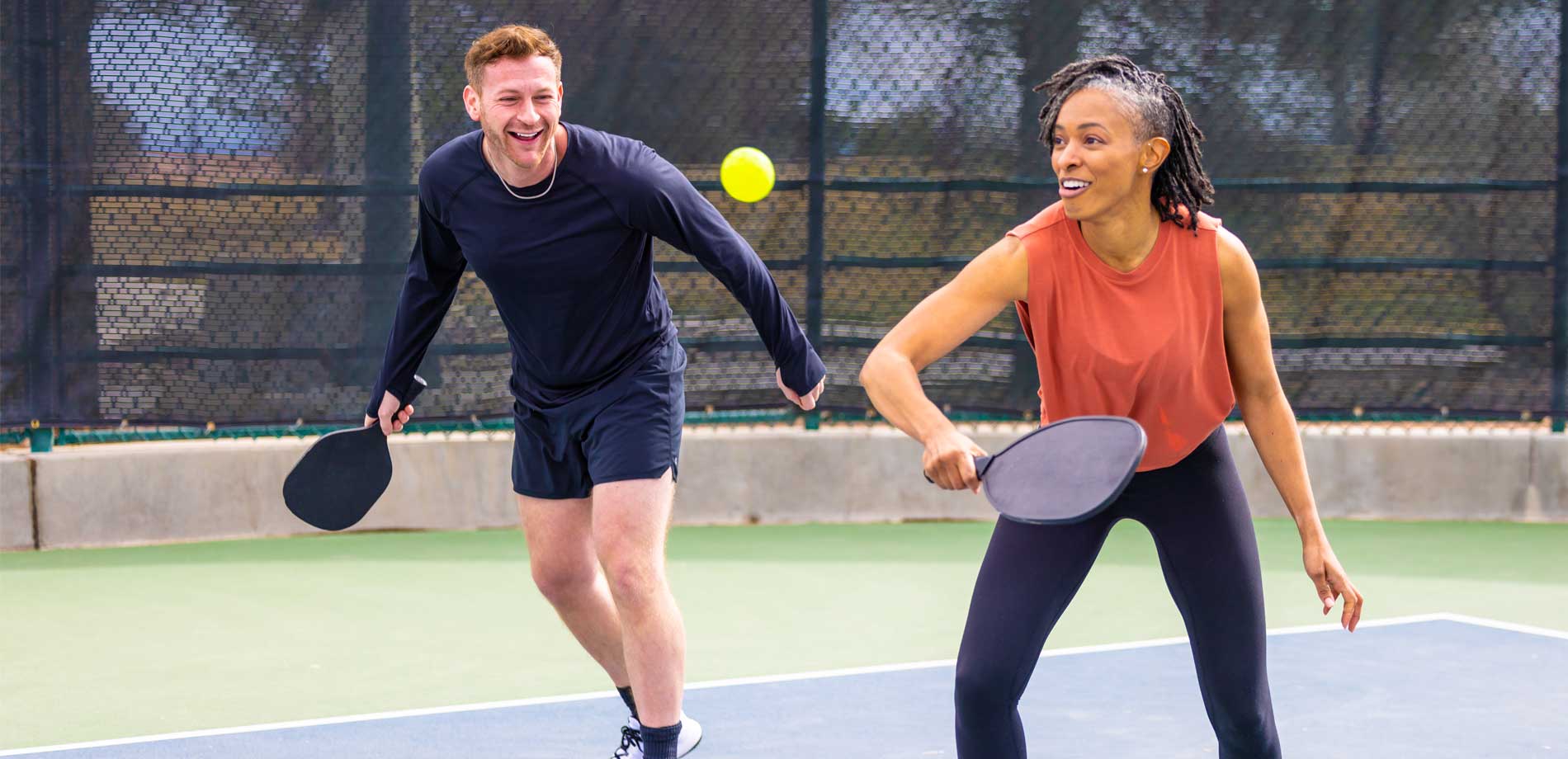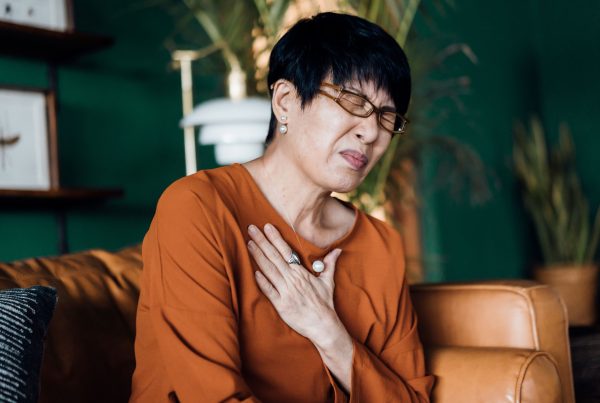Warm weather means plenty of outdoor activity — and likely some injuries. Whether they happen playing pickleball or planting a garden, shoulder injuries can be a real pain. Here’s how to know if you need to see a healthcare provider.
Contributed by: Blaine T. Bafus, MD |Orthopaedics
Summertime brings a lot of people in to see Blaine T. (Todd) Bafus, MD, a hand and upper extremity surgeon with MetroHealth. This is because people tend to be more active in the summer — often doing activities they haven’t picked up since last year.
“If you’re digging a hole to plant a new shrub, putting in a new fence, or playing a sport, you may be making a lot of awkward movements that can easily cause shoulder pain or injury,” Dr. Bafus says.
Dr. Bafus commonly sees the following injuries, especially during this time of year.
Should strain/rotator cuff pain:
What it feels like: Pain when you raise your arm out in front of your body.
What causes it: You can hurt your rotator cuff, a group of muscles that surround the shoulder, during a sudden burst of heavy activity, especially if you’re using improper technique. It can also be an overuse injury that worsens when you ramp up an activity, like a sport. This can cause muscle strain or even a small tear of the rotator cuff.
How to treat it at home: Strains and even small tears usually get better on their own with rest, ice, and an anti-inflammatory pain reliever. How to know it’s mild: if you can still use your arm (even if it’s uncomfortable), and if it gets a bit better in a few days.
When to see a professional: If you can’t raise your arm at all, or not without significant pain, see a healthcare provider.
Biceps Injury:
What it feels like: A sudden, severe pain at the front of your shoulder. (Your bicep muscle is on the inside of your upper arm, and it attaches at the shoulder.)
What causes it: As with a rotator cuff strain, a biceps injury can happen after a sudden burst of activity, especially if it involves lifting more than you’re used to.
How to treat it at home: Start with rest, ice, and anti-inflammatory pain reliever.
When to see a professional: If you feel a pop in your shoulder, it’s a good idea to get it checked out. If you try icing, rest, and meds, and the pain doesn’t improve, see a healthcare provider.
Seeing a shoulder specialist doesn’t always mean surgery
Shoulder injuries can be treated without surgery. Many people get relief from injections of pain-relieving drugs, as well as physical therapy. However, your provider may recommend surgery if an injury is severe enough that it’ll take too long to heal on its own, or if it won’t allow you to get back to doing the things you love.
Don’t ignore pain if you’re worried you’ll end up with surgery — there are a lot of options in between!
MetroHealth Hand and Upper Extremity Center
To schedule an appointment with an expert at MetroHealth’s Hand and Upper Extremity Center,
call 216-778-HAND (4263) or click here to request an appointment.












